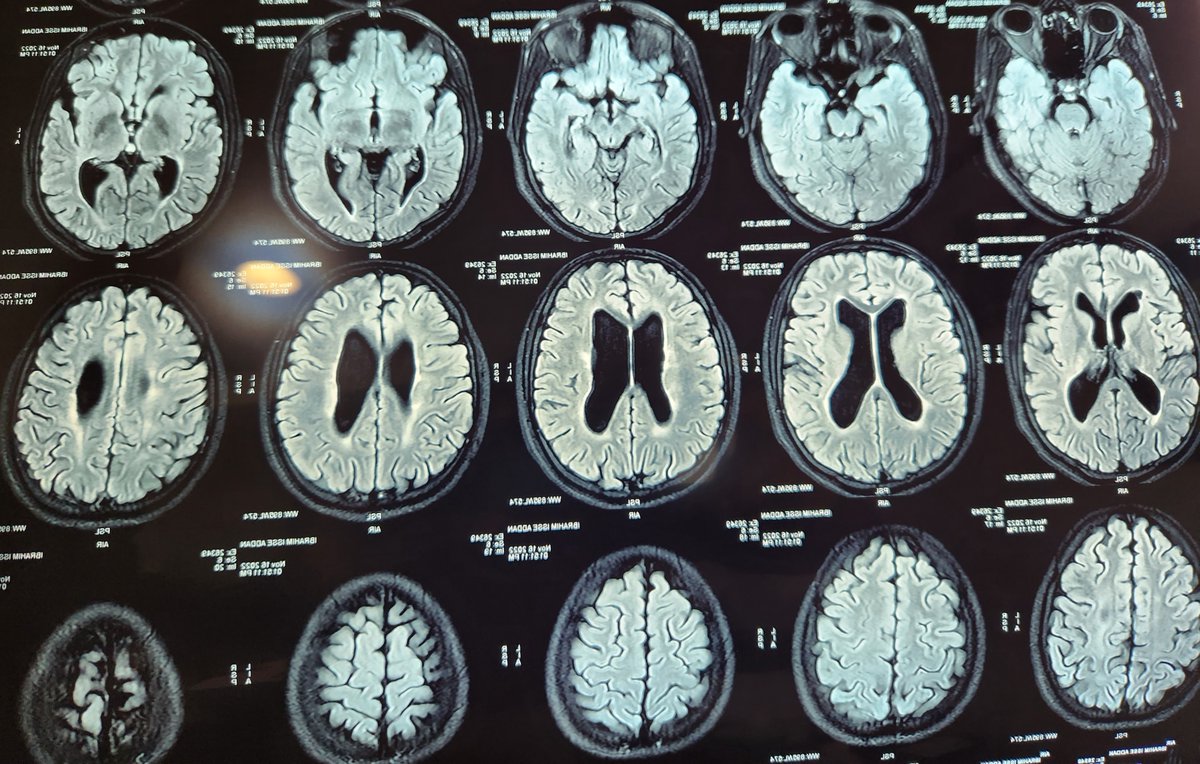
A teenager who continued enjoying the pleasurable #emotions induced by hot water bath until he became unconscious during one such bath
1. Here I am sharing the case of a 18-year old boy who used to experience extremely pleasurable emotions every time he poured water on his head
1. Here I am sharing the case of a 18-year old boy who used to experience extremely pleasurable emotions every time he poured water on his head
2. He loved taking #bath with #hot water. This was not just for the comfort of warm water sensation over his body, but also for the pleasurable sensations & emotions that used to start in his body & mind soon after he poured hot water on his head.
#MedTwitter #NeuroTwitter
#MedTwitter #NeuroTwitter
3. He described the feeling as if he got transcended to another world, with feelings of extreme elation and happiness. These feelings increased as he continued pouring more hot water on his head. These had started about a year back. He hadn't shared this with his family members.
4. All was going well until one day, when he lost consciousness during one such hot water #bathing session. When he regained consciousness, he found himself lying on the floor of the bathroom, and there was a bleeding injury over his lower lip. He had #headache and body #pain.
5. He was brought for evaluation. History was suggestive of hot water #Epilepsy. In this condition, seizures are induced when hot water is poured over the head. MRI brain and EEG were normal. Doing an EEG during hot water bath would have confirmed it, but was not practical to do.
6. I decided to give a therapeutic trial and suggested that he take an anti-epileptic medication 90 minutes before his bath. He returned two weeks later, during which he took hot water head bath on 8 occasions. He did not have any episode of unconsciousness or pleasurable emotion
7. I advised him to continue the same line of management in future.
Hot water epilepsy is an uncommon form of reflex epilepsy, induced by pouring hot water (40-50 C) over head. Pleasurable sensations are complex partial seizures, and unconsciousness a generalized seizure attack.
Hot water epilepsy is an uncommon form of reflex epilepsy, induced by pouring hot water (40-50 C) over head. Pleasurable sensations are complex partial seizures, and unconsciousness a generalized seizure attack.
• • •
Missing some Tweet in this thread? You can try to
force a refresh






